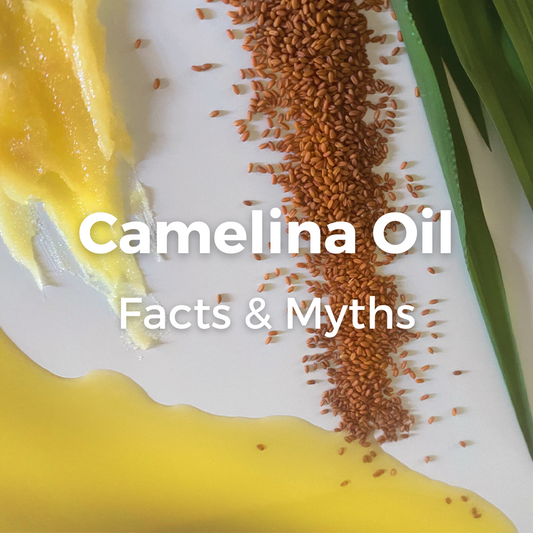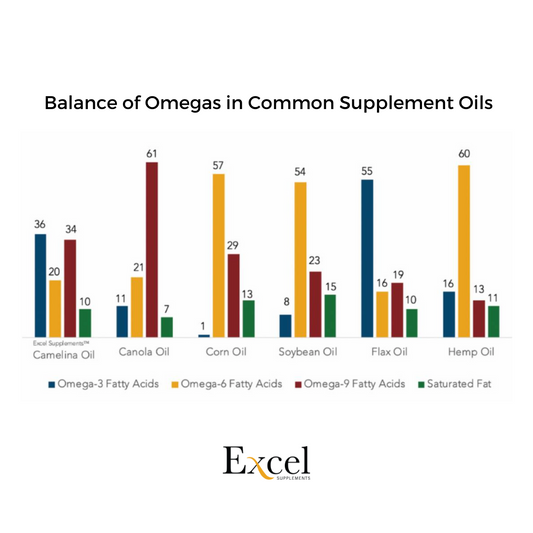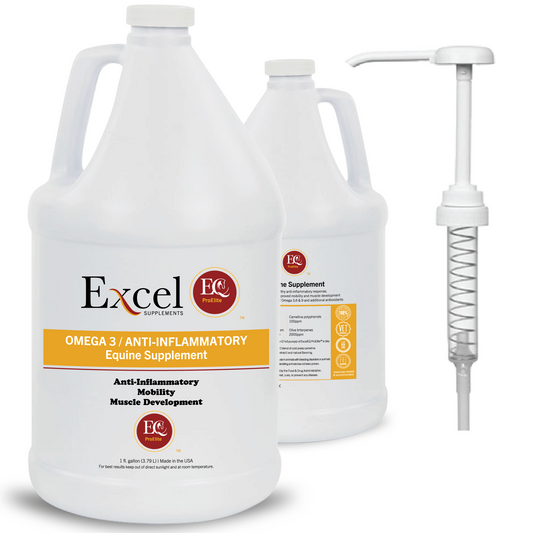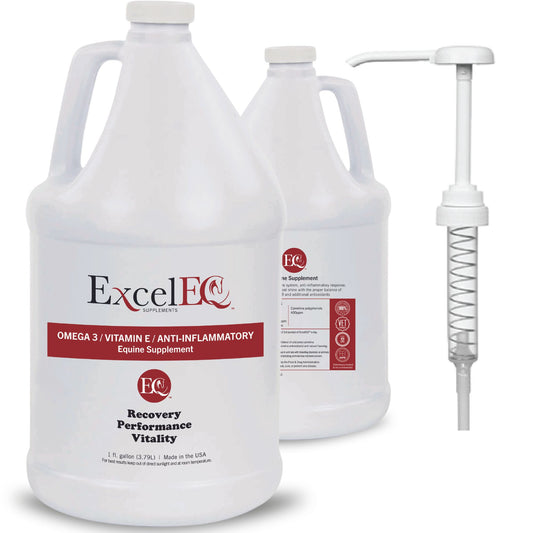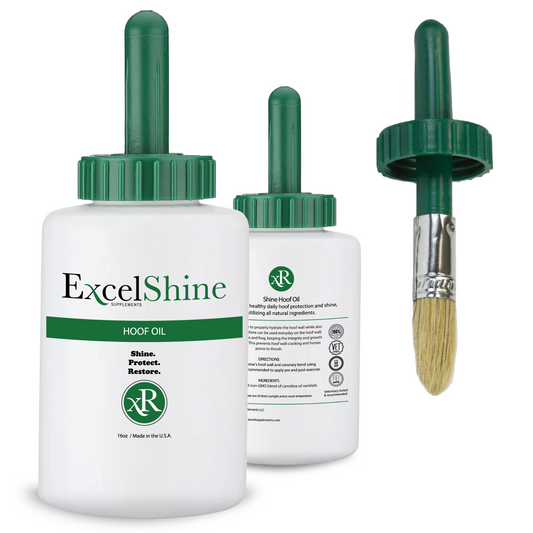Managing Polysaccharide Storage Myopathy (PSSM) in Horses
Share
Polysaccharide Storage Myopathy (PSSM), also known as Equine Polysaccharide Storage Myopathy (EPSM), is a genetic condition that primarily affects Quarter Horses, Draft Horses, and Warmbloods, though it can occur in other breeds as well. This condition impairs a horse's ability to properly store glucose (sugar) in the muscles, making it unavailable when needed for energy.
Recognizing the Signs of PSSM
PSSM manifests in two forms, both of which share common symptoms associated with tying-up. Signs of PSSM include:
- Muscle stiffness
- Excessive sweating
- Reluctance to move
These symptoms often appear during initial training or following a lay-up period. Episodes typically start after light exercise, such as 10-20 minutes of walking and trotting. However, horses with PSSM can exhibit symptoms even without exercise.
PSSM Episodes: Symptoms and Management
During a PSSM episode, horses may display:
- Laziness
- Shifting lameness
- Tense abdomen
- Flank tremors
When at rest, affected horses may stretch out as if attempting to urinate. They may experience pain, stiffness, profuse sweating, and hard muscles, particularly in the hindquarters. Some horses may paw or roll immediately after exercise. Severe cases can result in the horse being unable to stand or experiencing discomfort while lying down. Urine may appear coffee-colored due to muscle proteins in the bloodstream, which can be dangerous and potentially harm the kidneys if the horse becomes dehydrated.
Polysaccharide Storage Myopathy in Young Horses
Foals, weanlings, and yearlings with PSSM may show severe muscle pain and weakness, particularly when accompanied by infections like pneumonia or diarrhea. Type-2 PSSM foals often experience muscle stiffness during daily activities and have difficulty rising.
Causes and Types of PSSM
PSSM is characterized by abnormal glycogen accumulation in muscle tissue, affecting thousands of horses. There are two types of PSSM:
- Type-1 PSSM: Caused by a mutation in the GYS1 gene, which affects the glycogen synthase enzyme in skeletal muscles.
- Type-2 PSSM: The cause is not yet identified, and there is no specific genetic test available.
Both types show abnormal glycogen staining in muscle biopsies. Type-1 PSSM can be diagnosed through genetic testing, while Type-2 PSSM lacks a known mutation and conclusive evidence of inheritance.
Dietary Management for PSSM
Managing PSSM involves strict limitations on carbohydrates high in starch, such as sweet feed, corn, wheat, oats, barley, and molasses. Instead, providing extra calories through fats is crucial. Recommended dietary changes include:
- Forage: 1.2% to 2.1% of body weight in high-quality hay
- Vegetable Oil: 2 cups per 1,000 lb body weight (1-liter per 1,000 kg)
- Vitamin E: 1-2 IU per pound of body weight
- Selenium Supplement: As needed
- Fresh Water: Always available
- Exercise: To the horse's comfort level
- Salt and Mineral Supplements: As usual
Improvement in PSSM symptoms can take 4-6 months. The addition of fat calories, such as those from vegetable oil, is essential in stabilizing blood sugar levels and providing necessary energy. ExcelEQ™ ProElite is an excellent choice for this purpose, offering a balanced omega-3 to omega-6 fatty acid profile and high vitamin E content.
Avoiding Common Pitfalls
Avoid feeds and supplements with high sugar and starch content. Molasses, commonly used to sweeten feeds, should be avoided as it exacerbates PSSM symptoms. If your horse's diet needs to be adjusted, consider consulting with a local veterinarian to understand the selenium levels in your area and ensure appropriate supplementation.
How ExcelEQ™ Can Help
ExcelEQ™ provides a healthy alternative to traditional fat sources, delivering a balanced ratio of omega-3 to omega-6 fatty acids and high levels of vitamin E. Many of our customers have experienced significant improvements in their horses' health and performance. If you have a horse suffering from PSSM, contact us to find out which Excel product is right for you. We offer a 30-day money-back guarantee if you don't see a noticeable difference in your horse's condition.
For more information, call us today and discover how ExcelEQ™ can make a difference in managing PSSM.
For updated information on equine care, trending topics and discount opportunities follow us on social!
Follow us on Instagram: @excelsupplements
Keep up to date with us on Facebook: Excel Supplements

